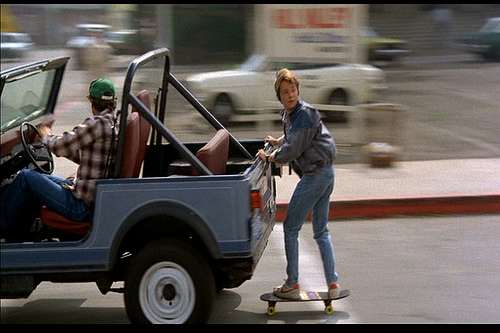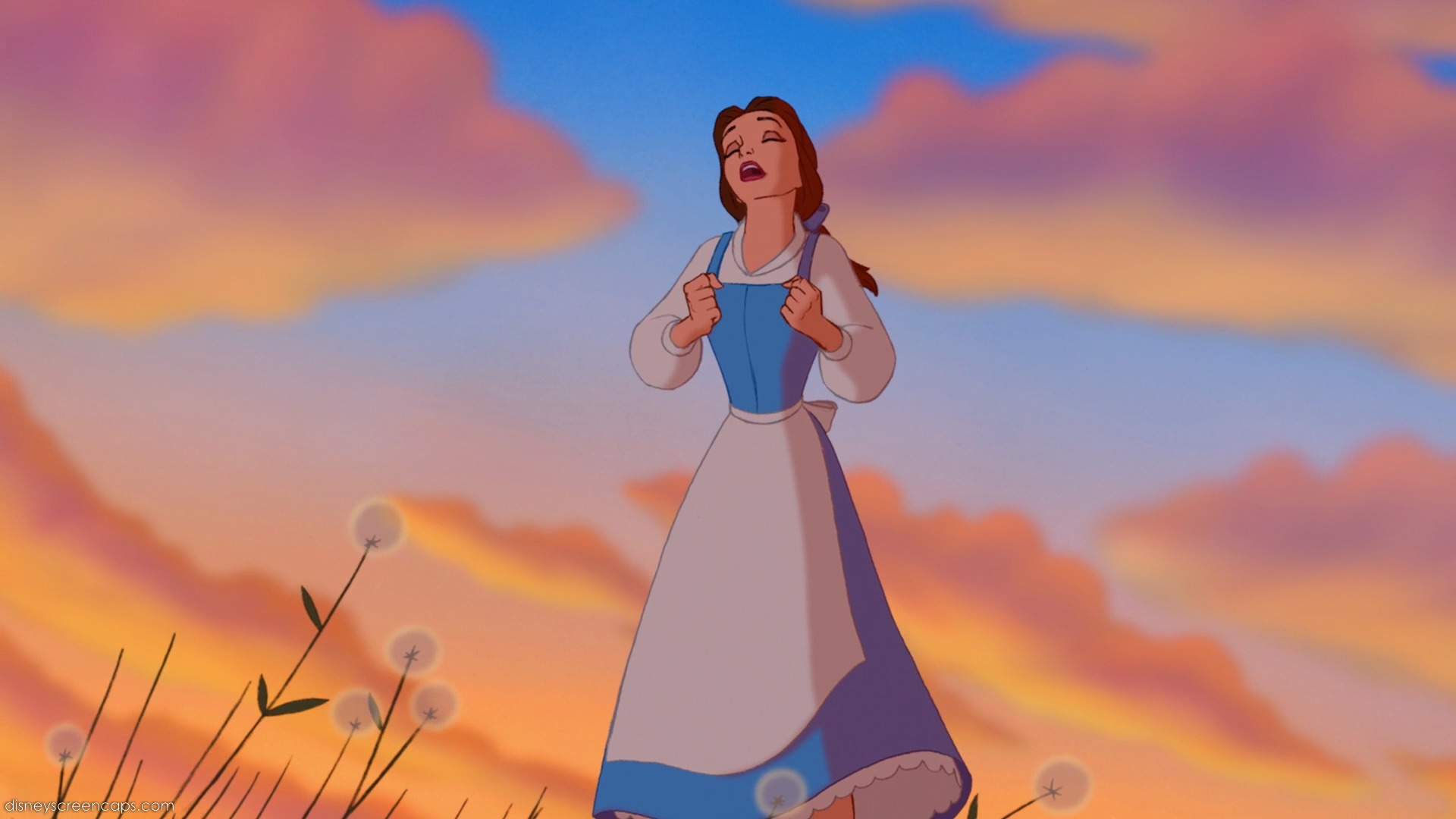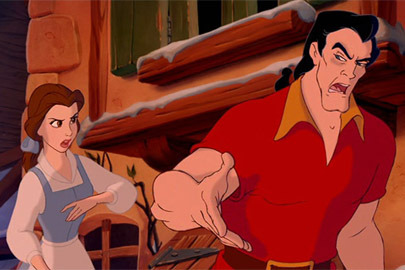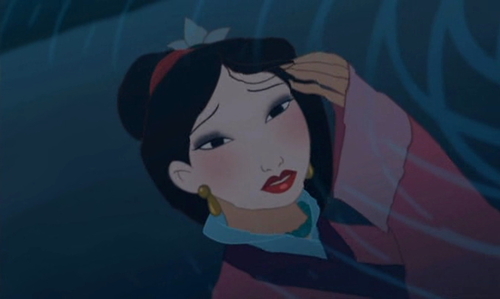In 1937, Snow White hit theaters. She wasn't just the first Disney princess. She was the first full length Disney film, and, for that matter, the first full length animated film. Snow White made history. That, and her inclusion in the Disney Princess franchise, is primarily why we can remember her today. The next ten movies Disney cranked out weren't much to look at. We got stuff like Bambi and Dumbo as well as obscure ones like Fun and Fancy Free and The Three Amigos. The first real Disney movie-that is, the only one people care about today-is Cinderella. Walt's twelfth film. Nine years later Aurora came out and did horribly in the box office. Sleeping Beauty was the last princess movie produced in Walt's lifetime.
It's important to note that Snow White, Cinderella, and Aurora weren't associated in any way. Not anymore than, say, Wendy Darling and Alice. They did not appear on products together.
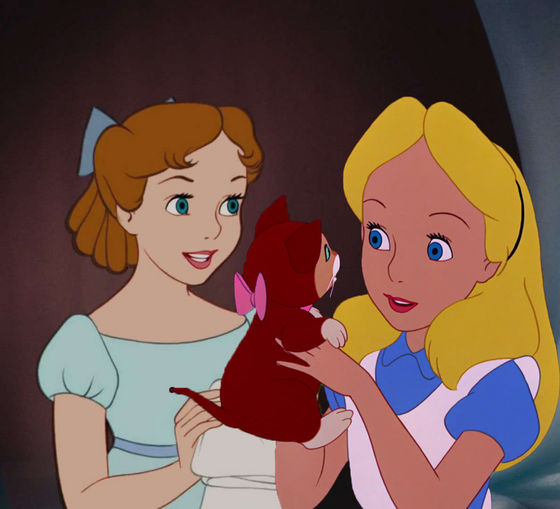
After Walt's death, Disney went through a creative slump. The last movie he had a hand in was The Jungle Book. The company cranked out crap films like The Fox and the Hound and The Great Mouse Detective. And The Black Cauldron, which features a largely forgotten princess.
 |
| Eilonwy is not happy about being left out of the franchise. |
In short, they weren't doing so hot without their leader. Things picked up again in the nineties. They entered what's known as the Disney Renaissance with the release of Little Mermaid in 1989. In the next decade, we met Belle, Jasmine, Pocahontas, and Mulan. The Renaissance also saw the creation of favorites like Hercules, The Lion King, and Tarzan.
Still, they were not grouped together as Disney princesses. Belle and Jasmine had no special connection with each other that Jane and Meg didn't share.
The Official Disney Princess line was born when Andy Mooney, Disney Consumer Products Chairman, went to a Disney On Ice Show. While waiting in line, he found himself surrounded by hordes of girls in princess costumes.
Not Disney princess costumes. Home made, generic princess costumes. An unexploited demographic! A franchising goldmine! A gross corruption of the individual princess mythologies, or so the rest of Disney claimed. Why would princesses from completely separate movies made over the course of several decades show up on lunch boxes together? But he managed to sway them.
 |
| Meg and Jane |
They considered putting Meg and Jane in the franchise but felt they didn't fit the mythology. Tinker Bell was originally included as well, but they dropped her. Now she rules her own product line, the Disney Fairies. Somehow, Mulan got in, despite not being a princess by birth or marriage.
In 2009, Disney kicked off the third generation of princesses with the release of The Princess and the Frog. Tiana was joined a year later by Rapunzel. Merida, Anna, and Elsa soon followed.
In the late nineties, Andy Mooney, chairman of Disney Consumer Products, went to a Disney on Ice show. Standing in line behind a cluster of girls in generic princess costumes, he realized
The rest of Disney was skeptic at first. Clump together princesses from completely separate movies in the same franchise? But Mooney managed to sway them.
Disney princesses have evolved over time. The original trio wished for things. This is apparent in songs like Cinderella's "A Dream Is A Wish Your Heart Makes" and Snow White's "I'm Wishing". A non princess example from this time period is Pinocchio's "When You Wish Upon A Star."
In the second generation, princesses moved from wishing for things to wanting them.
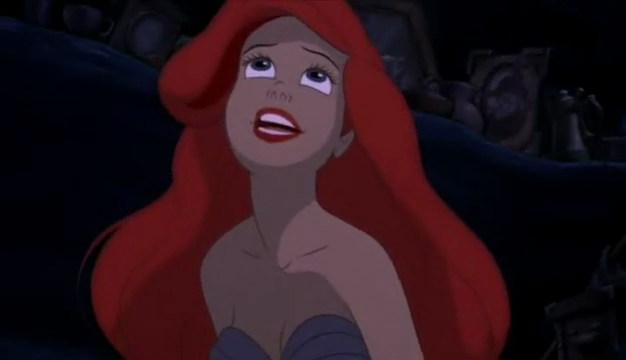
I've got gadgets and gizmos a plenty
I've got whozits and whatzits galore
You want thingamabobs? I've got twenty!
But who cares? No big deal,
I want more
I want to be where the people are
I want to see, want to see them dancing
I want much more than this provincial life!
I want adventure in the great wide somewhere
I want it more than I can tell
And for once it might be grand
To have someone understand
I want so much more than they've got planned
A want is more concrete than a wish, but it's still abstract, especially because the things they want are intangible. Ariel and Belle both want adventure, something we see in Jasmine and Pocahontas as well. But Mulan, the last of the second generation, wants something different: acceptance. She struggles between finding her own sense of identity and pleasing her family.
Now let's look at the third generation. Tiana doesn't wish or want. She has the very concrete goal of owning a restaurant.
I remember Daddy told me
Fairytales can come true
You gotta make 'em happen
It all depends on you
So I work real hard each and every day
Now things for sure are going my way
Just doing what I do
Look out, boys, I'm coming through
After Tiana, Disney decided they'd repented enough for their damsel days. With Rapunzel they step away from doing and go back to dreaming. Tangled analyzes what it means, exactly, to have a dream. Rapunzel's dream-to see the floating lanterns gleam-is concrete but fleeting. After the lights sail into the sky, she's not sure what to do with her life. Brave blatantly defies previous princess tropes. Merida's concrete goal-shooting for her own hand-morphs into saving her mother halfway through the film. Anna starts out with no goal in particular while Elsa's tormented by her need to hide her powers.
The original trio all meet and marry a prince after knowing him for a song and a few lines of dialogue. Aside from Ariel, each one of the second generation turns down either a specific suitor or the concept of an arranged marriage.
The most obvious of these is Mulan.
This trope continues with Tiana and Merida but skips over Rapunzel. Having lived in a tower her whole life, she has no need to deny male company. With Frozen, it's okay for a girl to fall head over heels into a legitimate love triangle
Another third generation trend is titles. The first and second generation take their title from a fairytale or the heroine's name. After The Princess and the Frog flopped in box offices, Disney put the blame on the name: apparently men won't see a female lead movie, but if they called the next one Tangled, they could trick them into buying tickets. Thus Merida became Brave and Anna got Frozen.
The 2018 film, Moana, will finally buck this trend-and another. Over half the second generation were women of color. Aladdin, Pocahontas, and Mulan are beloved 90's classics. But The Princess and the Frog did fail, remember, and I don't buy the gender excuse. Anyone who watches the Tangled trailer can tell it's a Rapunzel movie. And she more than doubled Tiana's box office dough. Perhaps Disney was afraid of a different demographic.
Disney played safe by portraying golden haired Rapunzel as golden haired and making Scottish Merida a white redhead. But when they dared make two Scandinavian heroines Scandinavian, outraged fans decided they'd gone too far.
 |
| Moana concept art |
Polynesian Moana gives Disney fans exactly what they want: something to obsess over for the next four years and something to complain about when the movie finally comes out. Just watch, they'll do something wrong. Disney made several changes to Tiana's inital character. Her original name, Maddy, was dropped because it sounded too close to Mammy. She swapped her maid job for waitressing and her prince became black as well. After hiring Oprah Winfrey as a technical consultant, Disney figured they were good-until the complaints rolled in. The heroine spends seventeen minutes as a black princess and the rest as a green frog? Green gowned Tiana plastered on green watermelon candy? Why is she the only black princess, anyways?
 |
|
But perhaps Moana will pacify feminists, the diversity crowd, and-dare we say it? A new generation of kids who will grow up with Moana dolls. There's quite a gap between her and the last princess film, though it's smaller than the one between Mulan and Tiana. Let's see if Moana continues the tropes, trends, and traditions established by the third generation, or if she's a new kind of princess entirely.




